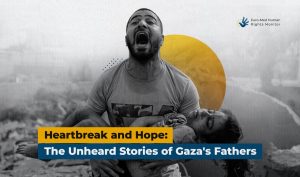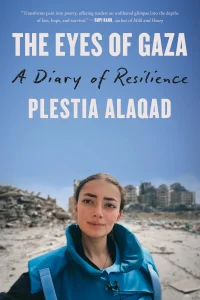In Gaza, where life is often defined by conflict and uncertainty, poetry has become both a mirror and a shield.
Through words, Gazans express what can’t be shouted, painting emotions with ink instead of color.
Their poetry speaks of loss, love, and the stubborn hope that refuses to fade — even when everything else is taken away.
For Gaza’s poets, language is resistance, and verses are survival.

The Role of Poetry in Gaza’s Identity
Palestinian culture has always valued the power of words.
In Gaza, poetry carries history, memory, and emotion — all in one breath.
Each poem is both personal and political, transforming pain into meaning.
It’s how Gazans record their daily lives, keeping their humanity alive amid destruction.
From refugee camps to universities, poetry readings bring people together, offering a rare space for healing.
Famous and Emerging Voices
Over the years, Gaza has produced poets who have become symbols of resilience.
Writers like Mosab Abu Toha and Refaat Alareer (may he rest in peace) gave the world a glimpse of Gaza’s soul — not through news reports, but through rhythm and heart.
At the same time, young poets are emerging, writing in Arabic and English, sharing their work online to reach readers around the world.
They use poetry as a bridge — connecting Gaza’s reality with global empathy.
Writing Under Siege
To write in Gaza is to resist silence.
Power outages, bombings, and loss can destroy paper and homes — but not inspiration.
Many poets write by candlelight, typing verses on their phones during long nights without electricity.
Every line written becomes an act of defiance, saying, “We are still here. We still feel. We still dream.”
Poetry as Healing
For many Gazans, poetry is therapy.
It allows them to express trauma in a way that transcends politics.
Through rhythm and metaphor, they process grief, and in doing so, transform pain into collective strength.
Each poem shared is a reminder: while buildings fall, voices rise.
The Language of Hope
In a world quick to define Gaza by war, its poets remind us that words can rebuild what bombs destroy.
They give the city a heartbeat that never stops, one verse at a time.
Poetry from Gaza is not just art — it’s survival, memory, and a call for the world to listen.






